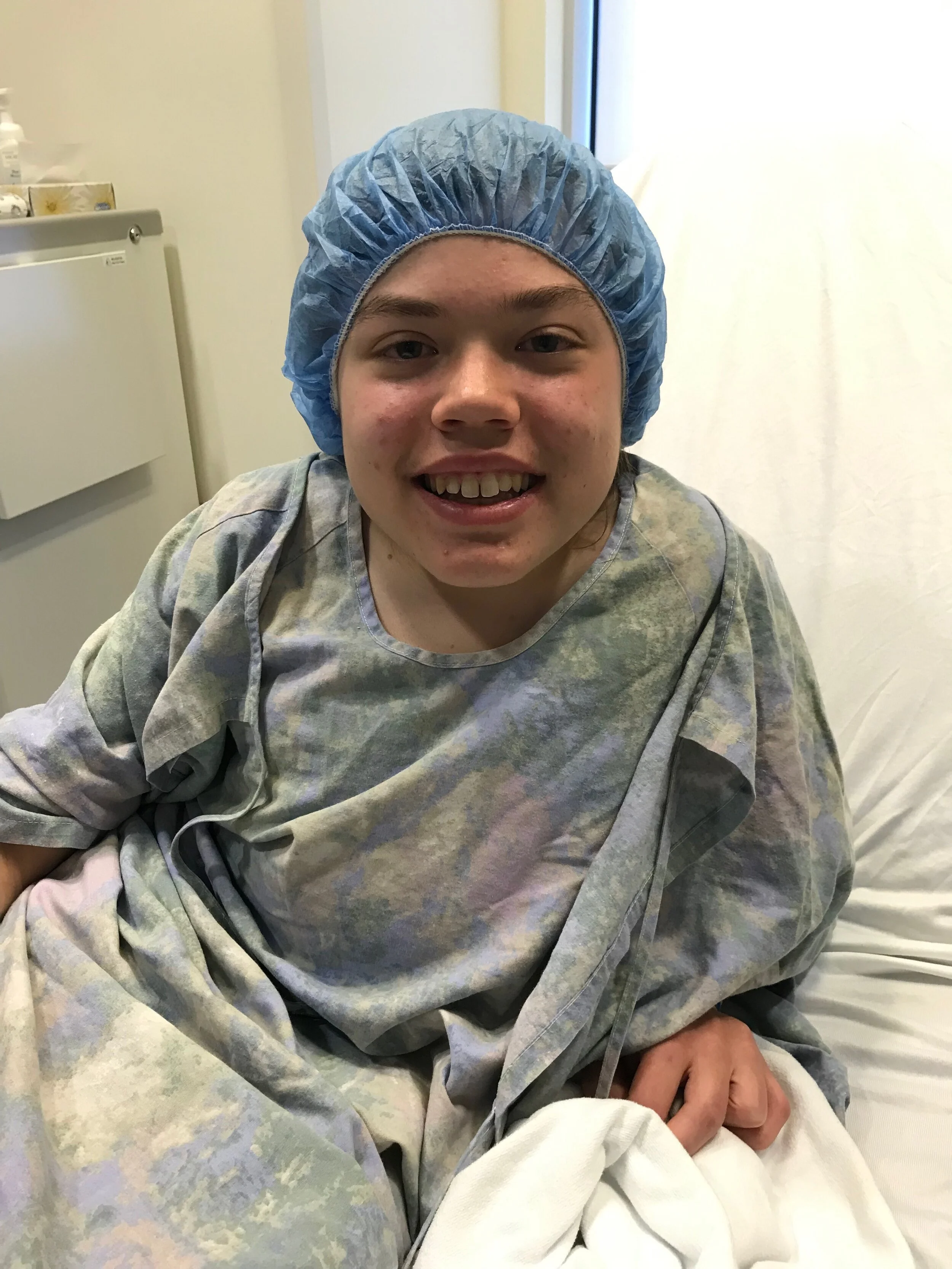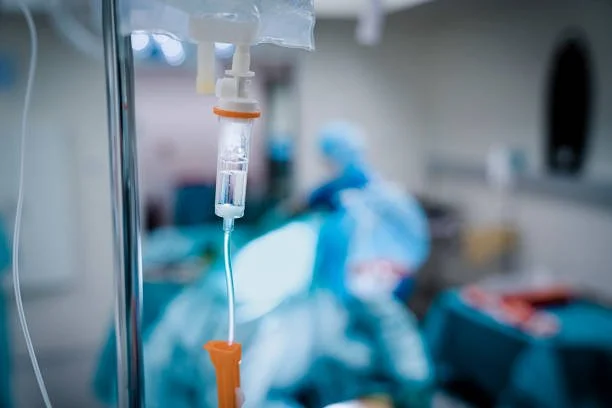Past research projects
Quality of life (QOL) of children with lower limb deformities
Through this study we are investigating the impact of having a lower limb deformity on the QOL of children and adolescents. With our existing international collaborations, we were able to interview the children and families at various institutes in Canada, Ethiopia, India and USA and gain first-hand knowledge about the impact of having a lower limb deformity on the QOL of children. The international multicentre approach for this project has put us in a unique position to compare and contrast the differences/similarities in the QOL of children from various high income and lower - middle-income countries.
LIMB-Q Kids Patient Reported Outcome Questionnaire
As the first of its kind, the LIMB-Q Kids Patient Reported Outcome Questionnaire established a way to measure the quality of life of 79 children thus far; specifically living with limb deformities. International collaboration across various sites from Canada, USA, India, and Ethiopia provided a unique opportunity to capture what matters most to children with lower limb differences.
Pediatric Elbow Fractures – From a Child’s View Point
This study looks at elbow fractures, which one of the most common fractures sustained following a fall on an outstretched hand among healthy children. This study involves interviewing children with elbow fractures and obtaining measurements of the play structure involved in the injury. These measurements when compared to the standards issued for children’s play spaces and equipment by the Canadian Standards Association (CSA) will have implications for the child safety and injury prevention.
Natural History Study of Morquio B Disease
Morquio B Disease (MBD) is a rare genetic disorder with less than 50 patients known worldwide. Together with international experts in MBD and patient partners, Dr. Sylvia Stockler (Head Division Biochemical Diseases, BCCH) and Dr. Cooper (Pediatric Limb Reconstruction surgeon) are conducting a prospective observational natural history study to determine measurable outcomes for the anticipated clinical trial of small chaperone molecule as a potential causative treatment for patients with MBD.
Post-Operative Pain in Children Undergoing Limb Reconstruction
POPS is the terms for Preventative Multimodal Analgesia for Children Undergoing Lower Limb Reconstruction with External Fixators: A Prospective Study of Post-Operative Pain. This study aims to reduce post-operative pain in children under going limb reconstruction surgeries using a combination of multiple anaesthesia medications. Questionnaires for pain management, pain scores, and mobilization ability will be administered to patients aged 5 - 18 years undergoing lower limb reconstruction with an external fixator. The collected data will help determine whether IV lidocaine infusion during the operation reduces post-operative pain and morphine consumption, and is associated with earlier mobilization and discharge from the hospital.
Next Generation Sequencing in Rare Orthopaedic Conditions
Along with the Departments of Medical Genetics and Biochemical Diseases, we are investigating the genetic causes of some rare orthopaedic problems. This work involves Next generation sequencing, which allows a person’s genes or entire genome to be read and analyzed within a few days. Next Generation Sequencing allows the discovery of disease-causing genes with a relatively small number of patients.
Waiting Room Facilitation
The aim of this project is to support the families in the orthopaedic clinic waiting room and investigate the reason for long wait times. Long wait times have been shown to be a significant source of anxiety and unhappiness in families receiving care at the orthopaedic clinic at BC Children’s Hospital.







